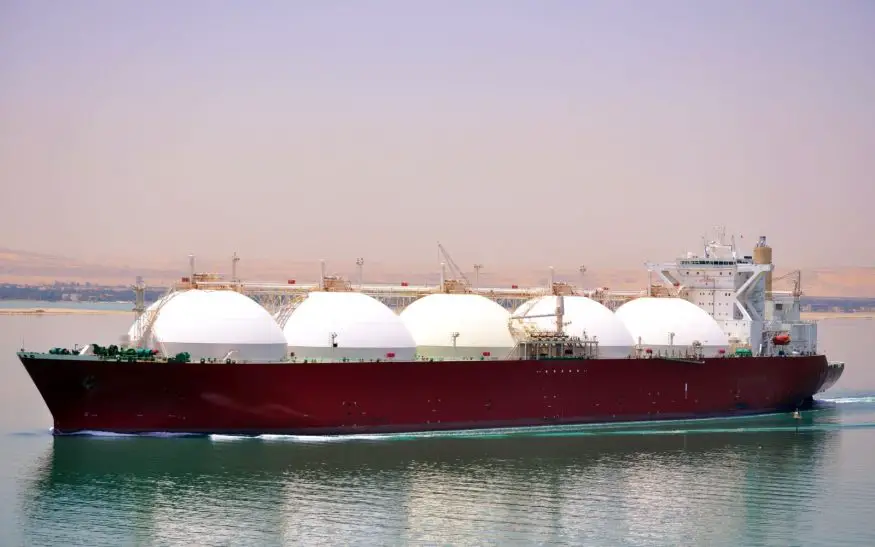
Is marine hydrogen fuel the future of shipping?
November 27, 2022The transportation of goods by sea is an exceptionally carbon emission-intensive process.
As global transport seeks to decarbonize, experts are considering the options available to shipping and many feel that marine hydrogen fuel is the key they planet needs.
Experts are pointing to H2 as the option the maritime industry needs to achieve 2050 emission reductions.
Antonis Trakakis, RINA Hellas Classification Society Technical Director Marine spoke at the recent “World Maritime Day” event at the Cyprus Shipping Chamber. Trakakis said that maritime shipping should be looking to marine hydrogen fuel technology to generate energy on board all vessels. This would make it possible for the fuel to be produced with reduced carbon emissions. When the fuel itself is used, it will not produce any carbon emissions.
According to Trakakis, the use of H2 in this way will help the marine industry to be able to meet its 2050 emissions reduction target.
This was an important subject of discussion at the event, as the 2022 theme was “New Technologies for Greener Shipping”. Trakakis’ discussion was an elaboration on “EU & IMO Fuel Transformation Regime – Hydrogen as Fuel Solution for meeting IMO 2050.”
The strategy discussed focused on grey marine hydrogen combining LNG with steam in a gas reformer.
Trakakis proposed the combination of LNG with steam in a gas reformer. This would convert the LNG molecules into hydrogen and carbon dioxide. This production process would reduce the carbon emissions from ships when compared to the use of current fossil fuels.

However, producing H2 in this way is not entirely carbon emission-free, particularly as Trakakis did not make specific recommendations for the use of carbon capture and storage technology. Using the fuel itself to power the ship can be accomplished without any carbon emissions.
According to Trakakis, this would make it possible for ship owners to be in compliance with the International Maritime Organization’s decarbonization targets for the shipping industry. The 2050 goals from the International Maritime Organization are for a 50 percent reduction of total annual greenhouse gas emissions from international shipping when compared to a baseline figure that was taken in 2008.
Vote here for our GH2 poll, your opinion matters – What do you think is the BIGGEST problem stopping the world from using more green hydrogen? [forminator_poll id=”56145″]



 With over 15 years of reporting hydrogen news, we are your premier source for the latest updates and insights in hydrogen and renewable energy.
With over 15 years of reporting hydrogen news, we are your premier source for the latest updates and insights in hydrogen and renewable energy.